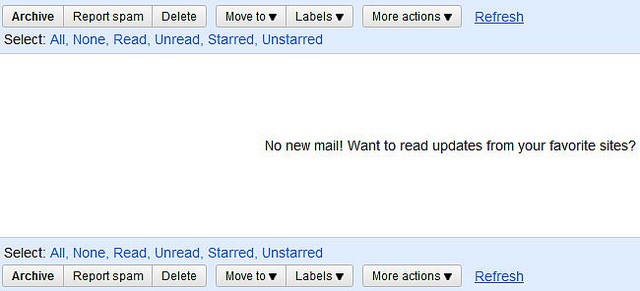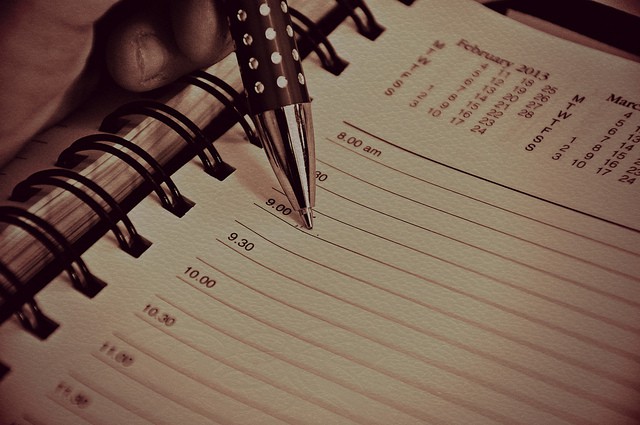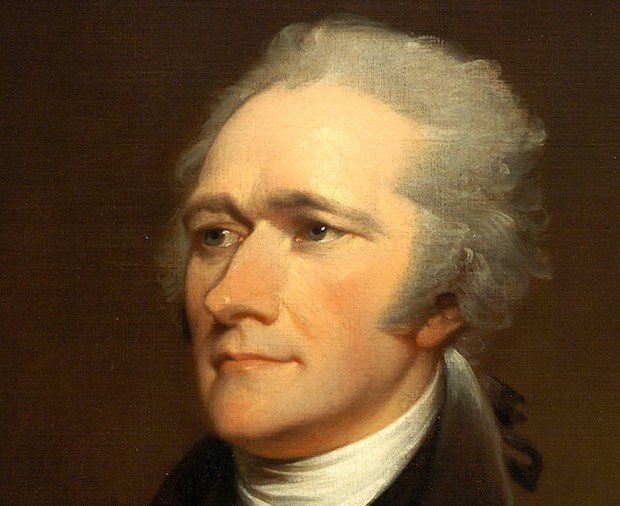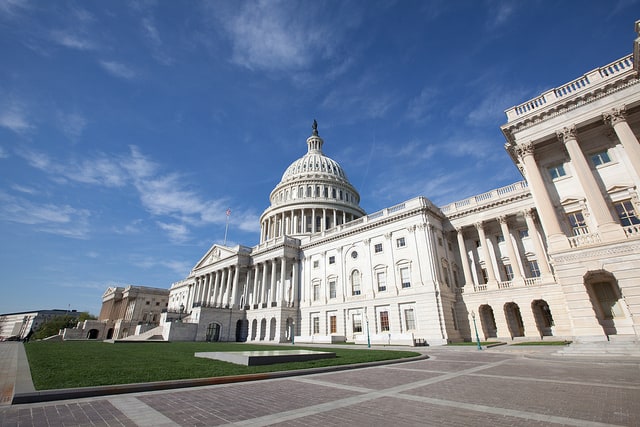
A Deep Case Study
Tom works in marketing for a venture-backed tech start-up in Silicon Valley. After reading Deep Work, he realized that prioritizing uninterrupted concentration would help him excel in his job, which centers on cognitively demanding research and writing.
But he despaired that regular deep work was impossible given his company’s culture.
As he explained:
Our company uses email and Slack as our primary means of communication. I get so many emails and chat messages every day, and there’s this unspoken expectation in my department that if someone emails/messages you, you should respond almost immediately, even if you were in the middle of something. If you didn’t respond quick enough people would assume that you were slacking off (this expectation was especially strong with instant messages).
Communication environments of this type are increasingly common in knowledge work (and near ubiquitous in tech). And they can be quite distressing.
As Tom admitted, he really didn’t get much “actual work done,” as his days were filled with “putting out fires” and “reacting to other people’s needs.”
Fortunately, however, all hope was not lost…





